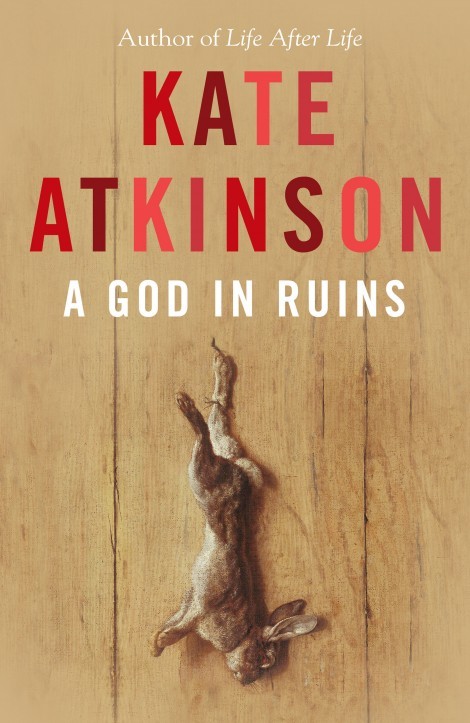Hardback by Doubleday, £20 (ebook £8.03)
In Kate Atkinson’s bestselling Life After Life, time rearranged itself, chaotic and unremitting, and Ursula Todd’s life perpetually looped back to its beginning. The masterful A God In Ruins resumes the mantle of World War II and its banal brutality, as Ursula’s brother Teddy joins Bomber Command and attempts to enact a life of love, survival, and approximate honour in the 20th century.
Atkinson uses time once more to tell a multitude of histories as the novel slips between generations and decades: we know Teddy as gauche young pilot, weary wing commander, ‘plodding’ husband, heroic grandfather. The rebellious hatred of his daughter Viola wreaks equal and opposite damage in the lives of her father and children, from the communes of the swinging Sixties to the care homes of the Noughties. The generations of post-war Britain navigate lives buffeted by absent
parents and the secret legacies of history; all the while, the passage of time and ageing sweep Teddy and his family into an ambiguous present.
Atkinson’s dry, sharp prose gives A God In Ruins a light touch, despite the heavy potential of its finely-wrought historical setting. It paints both the painful and the most ordinary detail of extraordinary times: the worn felt cat that Teddy’s crew carried for luck; the engine mechanics of his clapped-out Halifax bomber; the safely wholesome marriage, fallen into when it was all over.
At Atkinson’s deft hands, the unassuming and pragmatic Teddy sings from the page. It was a wrench to turn the last one.

